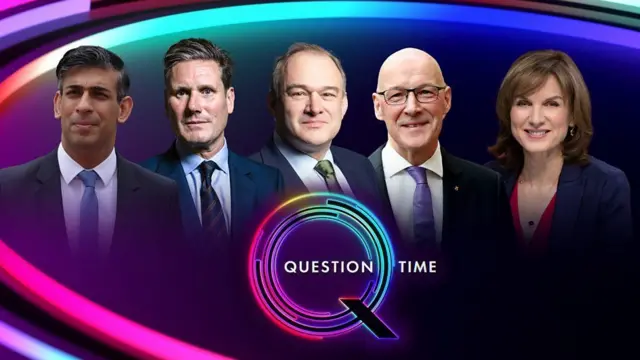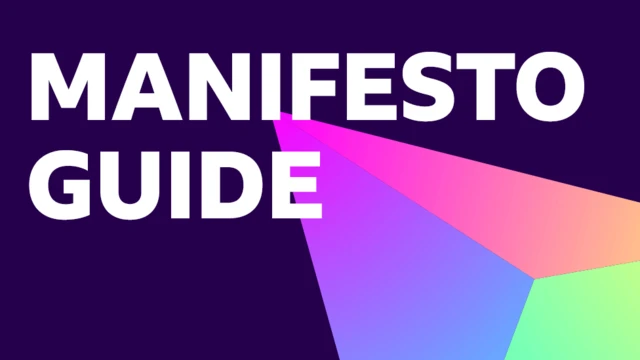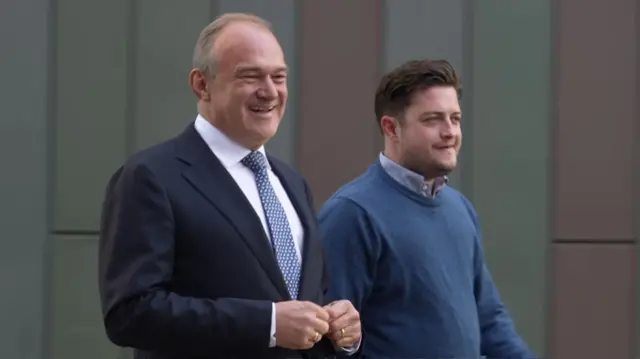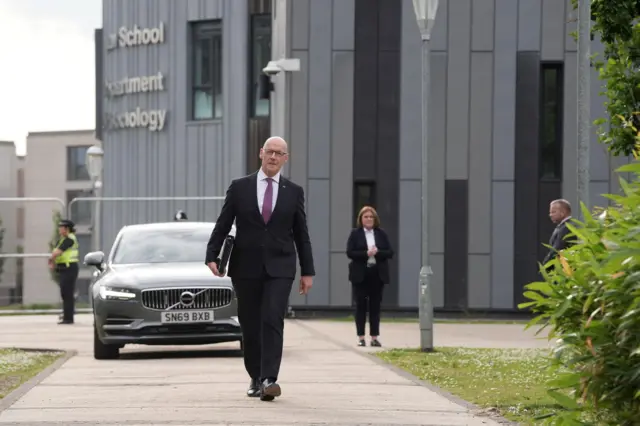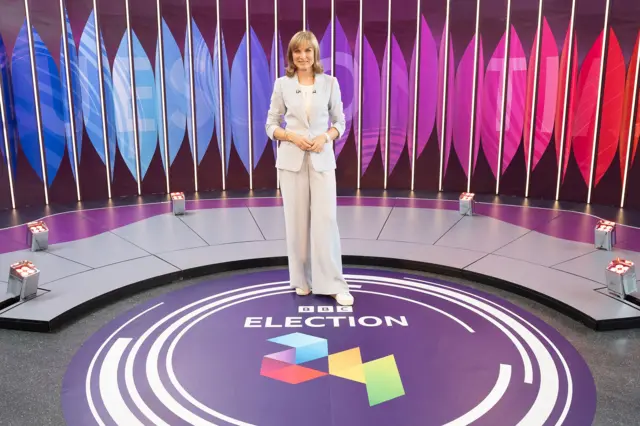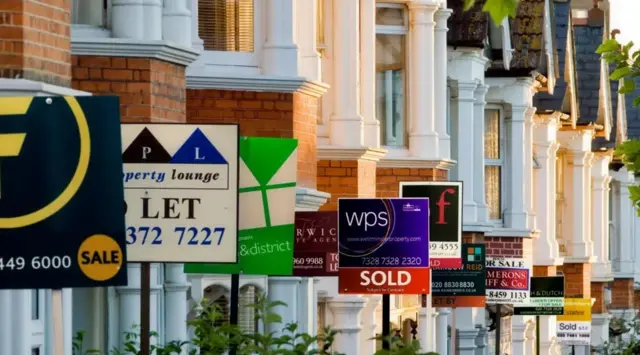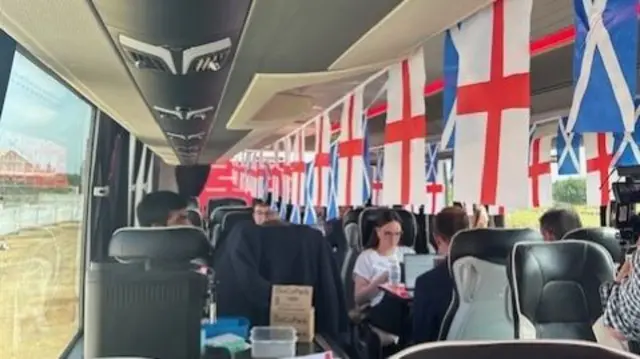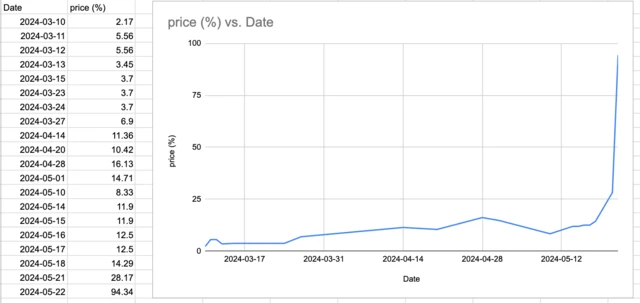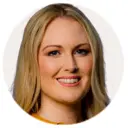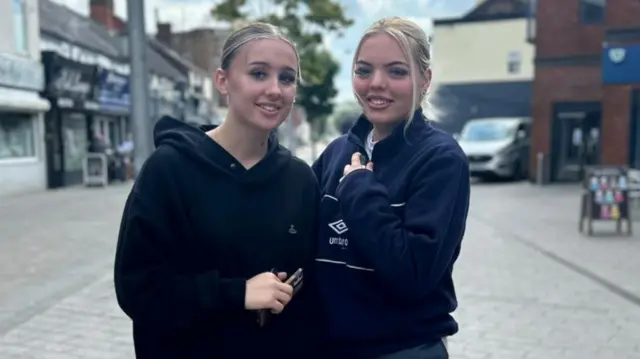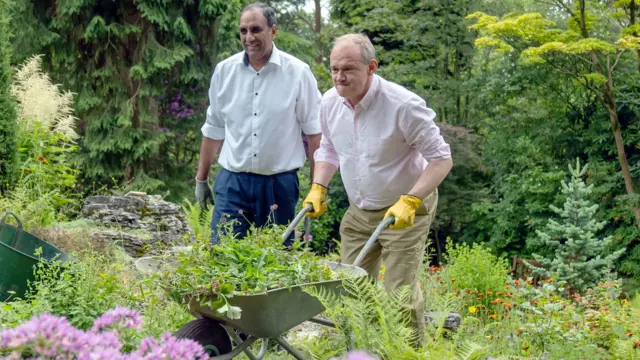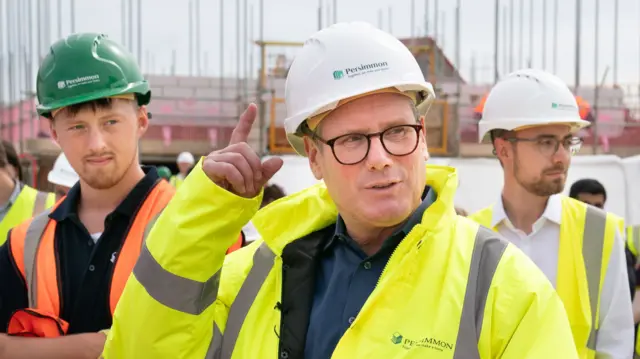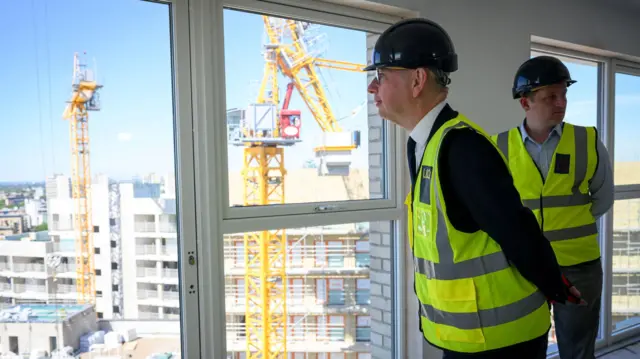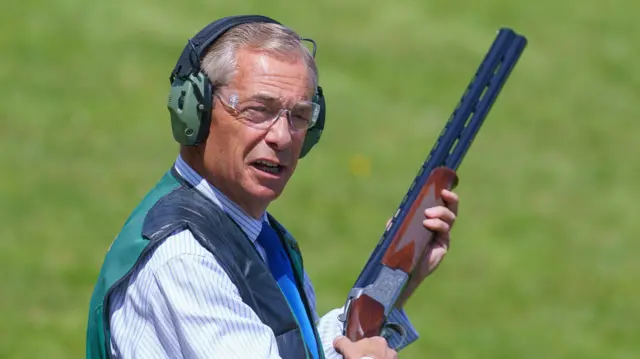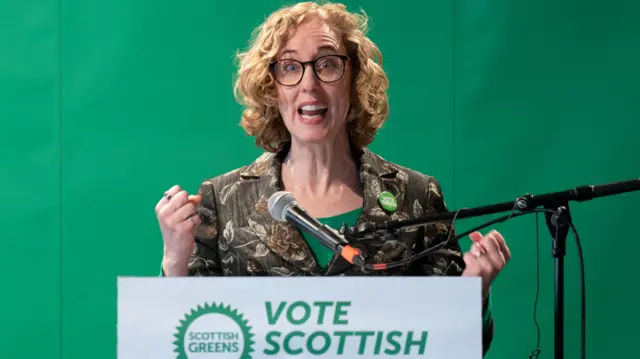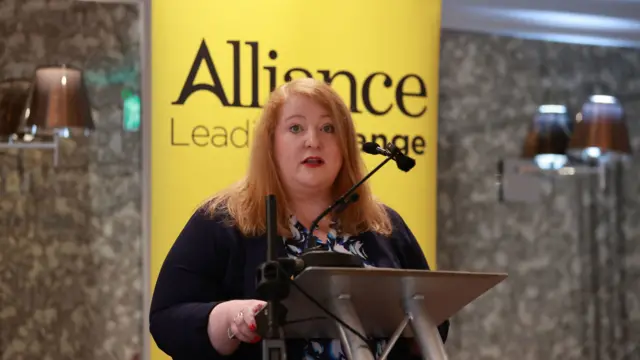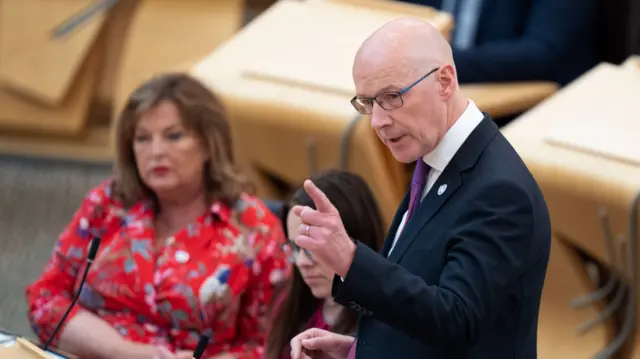How tonight’s audience has been chosenpublished at 19:40 BST 20 June 2024
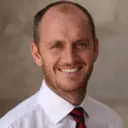 Gerry Gay
Gerry Gay
Editor of Question Time
The audience for tonight’s show has been chosen so that it reflects a wide range of views, and so that it best fits the political makeup of the country - in line with the BBC’s electoral guidelines.
Among them, there will be similar levels of representation for the two larger parties - the Conservatives and Labour - and a smaller proportion of roughly similar numbers of SNP and Lib Dem voters.
There will be a place for other party representation too, and of course, there will be plenty of voters, from a range of political traditions, who have yet to make up their mind.
